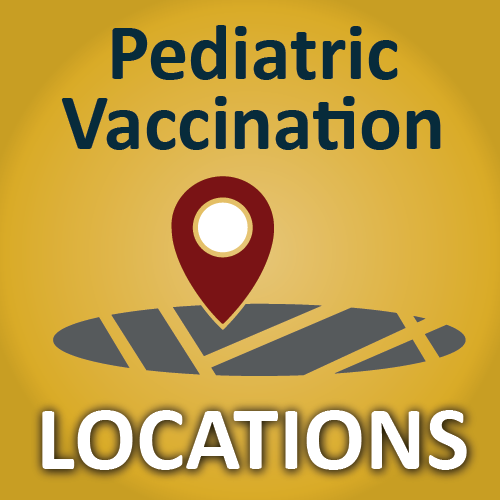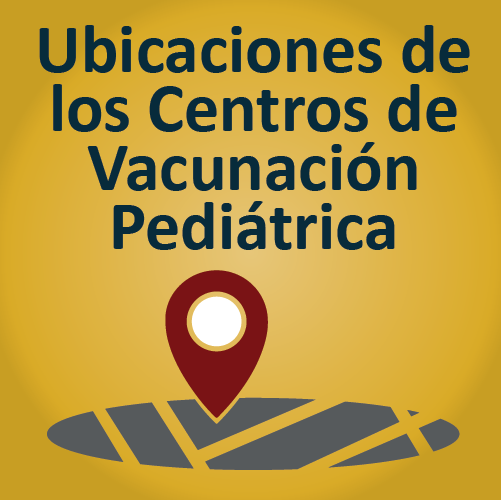
-
Measles is very contagious and can be serious.
-
Anyone who is not vaccinated against measles is at risk.
-
Two Doses of MMR vaccine provide the best protection against measles.
- For infants and individuals who cannot be vaccinated, risk reduction methods like masking, hand-washing, decontamination of surfaces, and staying away from high-risk areas may prevent infection.
What is measles?
Measles (Rubeola) is a highly contagious disease that can cause serious health complications and, in some cases, death.
Measles is preventable!
Protect yourself, your family, and your community with the measles-mumps-rubella (MMR) vaccine.
- Contact your child’s doctor to receive the first dose of MMR vaccine starting at 12 months of age.
- If you are traveling with a child under 12 months of age, contact a healthcare provider for guidance. MMR immunization can begin at 6 months of age in special situations, including international travel.
After the introduction of the MMR vaccine, measles cases dropped dramatically in the United States and remained low for over 30 years. However, as immunization rates around the country decline, measles cases increase.
- Between 1994-2024, the United States had 210 cases of measles per year, on average.
-
In 2025, there were 2276 cases of measles in the United States.
-
The most cases in one year since 1991.
-
A 984% increase in cases from the previous 30-year average (1994-2024).
-
Of the 2276 cases in the United States in 2025, 93% were unvaccinated with MMR vaccine or their MMR vaccination status was unknown.
Are you or your child unvaccinated or unsure of vaccination status?
If you have a healthcare provider, call them today.
Visit vaccines.dc.gov to:
Spread
How Measles Spreads:
- Through the air when an infected person coughs, sneezes or talks (the virus can live on surfaces or in the air for up to two hours).
- By touching contaminated surfaces and then touching the eyes, nose, or mouth.
Measles is a highly contagious virus; 90% of the people close to an infected person who are not immune will become infected with the measles virus.
When to seek emergency care
Measles typically starts with cough, runny nose, and red eyes and often leads to a rash and fever over 101 degrees Fahrenheit. If you think you have measles, get medical care. Symptoms can become worse over time, complications can develop, and measles can be deadly if you don’t receive appropriate care. If you have any of these symptoms, go to the emergency room immediately:
- A hard time breathing or breathing faster than normal.
- Signs of severe dehydration (dry nose and mouth, urinating less than usual).
- Confusion, decreased alertness, or severe weakness.
- For young children: a blue color around the mouth, crying without making tears, unusually low energy, or severe loss of appetite.
Have someone call the ER to let them know a person with measles is coming in so they can see you away from other patients.
How long is a person contagious?
People are contagious about four days before their rash starts to four days after it appears. If you might have measles, stay home during this time.
Symptoms & Complications
Early symptoms (first few days):
- Moderate fever
- Cough
- Runny nose
- Red eyes
- Sore Throat
Later symptoms (after a few days):
- Blue-white spots inside the mouth (Koplik spots).
- Red-brown rash that starts at the hairline and spreads down the body.
- High fever (can go over 104°F).
The rash usually appears 14 days after exposure. Some immunocompromised people may not develop the rash.
Complications
Common complications from measles are:
- Ear infections occur in about 1 out of every 10 children with measles.
- Diarrhea is reported in less than 1 out of 10 people with measles.
Severe complications in children and adults
Some people may suffer from severe complications, such as pneumonia (infection of the lungs) and encephalitis (swelling of the brain). They may need to be hospitalized and could die.
- Hospitalization. About 1 in 5 unvaccinated people in the U.S. who get measles is hospitalized.
- Pneumonia. As many as 1 out of every 20 children with measles gets pneumonia, the most common cause of death from measles in young children.
- Encephalitis. About 1 child out of every 1,000 who get measles will develop encephalitis (swelling of the brain). This can lead to convulsions and leave the child deaf or with intellectual disability.
- Death. Nearly 1 to 3 of every 1,000 children who become infected with measles will die from respiratory and neurologic complications.
- Complications during pregnancy. If you are pregnant and have not had the MMR vaccine, measles may cause birth prematurely, or have a low-birth-weight baby.
- Subacute sclerosing panencephalitis (SSPE). A very rare but fatal disease of the central nervous system. A measles virus infection acquired earlier in life can lead to SSPE. SSPE generally develops 7 to 10 years after a person has measles, even though the person seems to have fully recovered from the illness.
You can help prevent a measles outbreak!
Parents and Caregivers
Protect your family and community:
- Stay up to date on MMR vaccination and all immunizations.
- Keep your family up to date on MMR vaccination and all immunizations.
- Have questions? Discuss the MMR vaccine with a healthcare provider.
Day Care Centers and Schools
- Take the proper steps to report a suspected case of measles to DC Department of Health.
- Suspected cases should be reported by healthcare providers at 844-493-2652 or by submitting a Notifiable Disease and Conditions Case Report Form online using the DC Reporting and Surveillance Center (DCRC), at dchealth.dc.gov/ Infectious Diseases
- Review your center/school’s compliance rates and identify students due or overdue for their MMR vaccine.
- Send communication to parents whose children are due or overdue for the MMR vaccine and other vaccines.
- Ensure staff are educated about measles.
- Encourage families to speak with their healthcare provider about their child’s vaccination status.
Providers
- Suspected cases should be reported by healthcare providers at 844-493-2652 or by submitting a Notifiable Disease and Condition Case Report Form online using the DC Reporting and Surveillance Center (DCRC), at dchealth.dc.gov/ Infectious Diseases.
- Visit DC Health’s Measles Information for Healthcare Providers webpage.
- Assess your practice/clinic’s readiness to administer the MMR vaccine by checking vaccine inventory and supplies.
- Take advantage of every patient encounter to educate, answer questions, and vaccinate patients who have not been vaccinated or are behind on MMR vaccine. Do not use self-reporting as proof of immunity.
- Ensure staff are up to date with the facts about measles and the MMR vaccine.
- Ensure your staff is equipped and trained on standard precautions in order to protect employees and additional patients.
Vaccination Rates in the District:
Additional information about measles:
Questions about measles exposures?
- Contact DC Health at 844-493-2652 or via email at [email protected]
Questions about measles vaccine access?
- Contact DC Health’s Immunization Division at 202-576-7130 or via email at [email protected]






